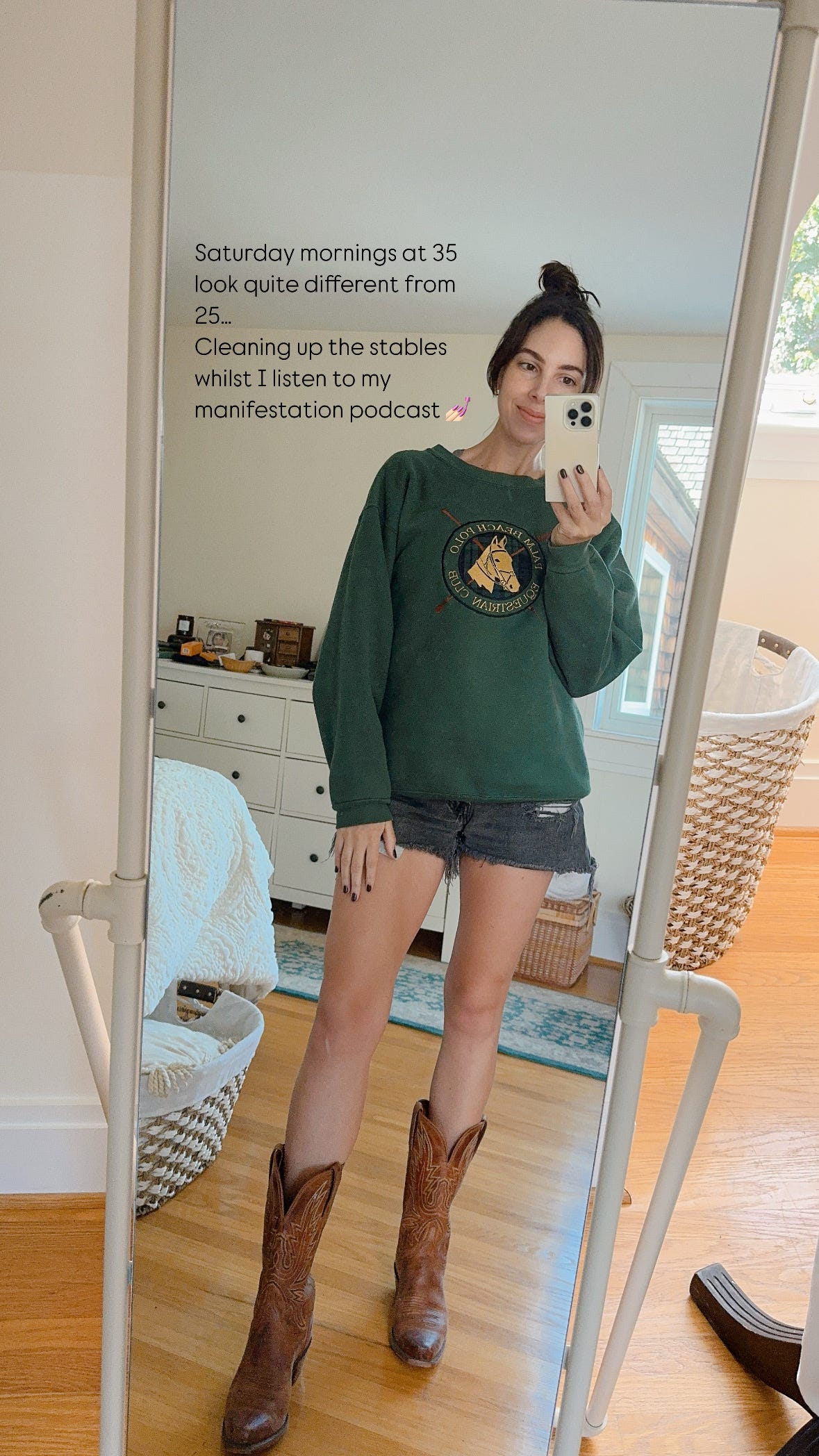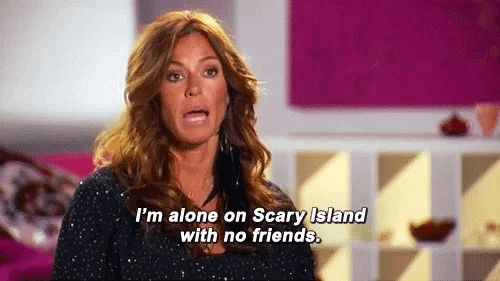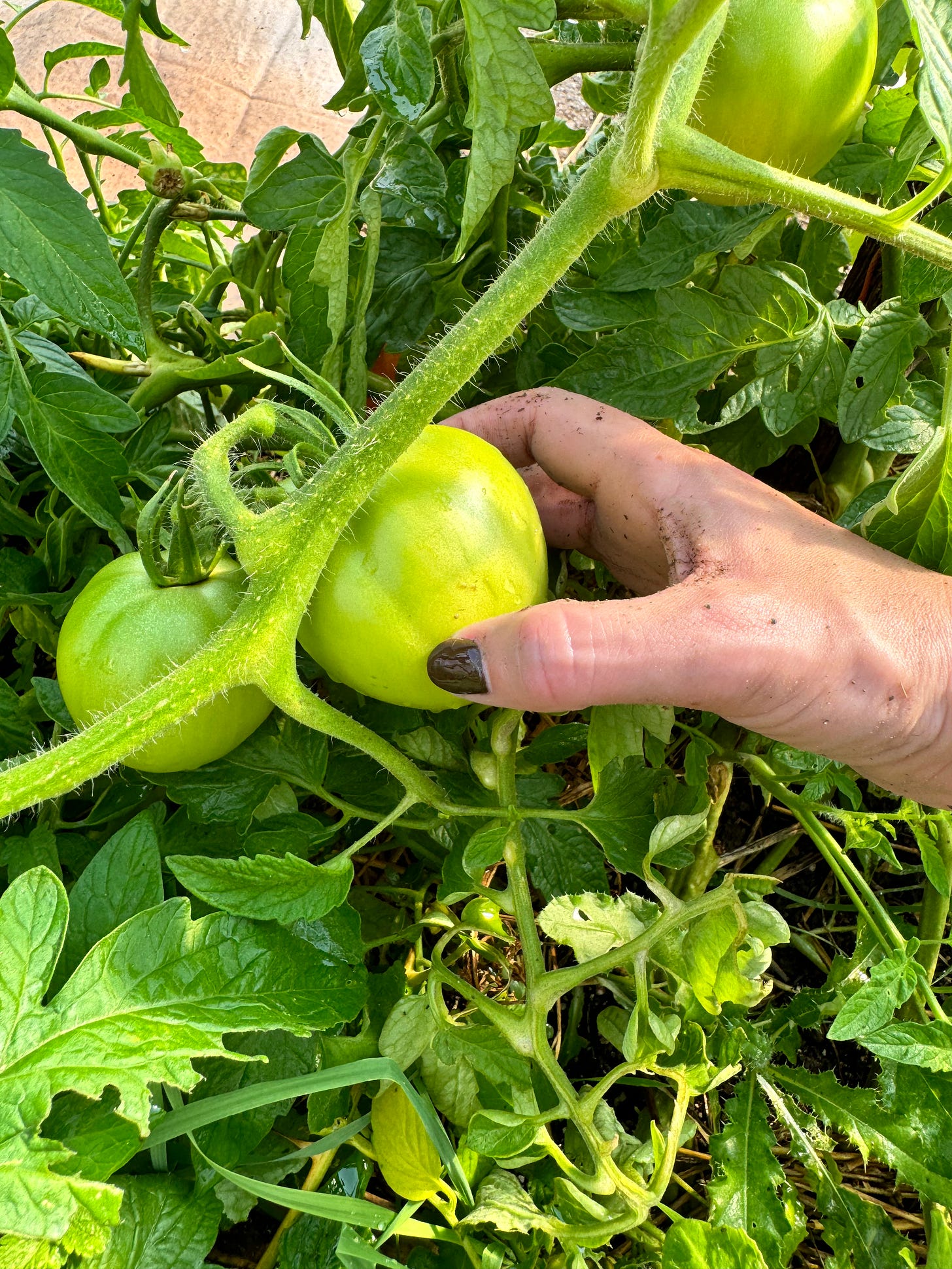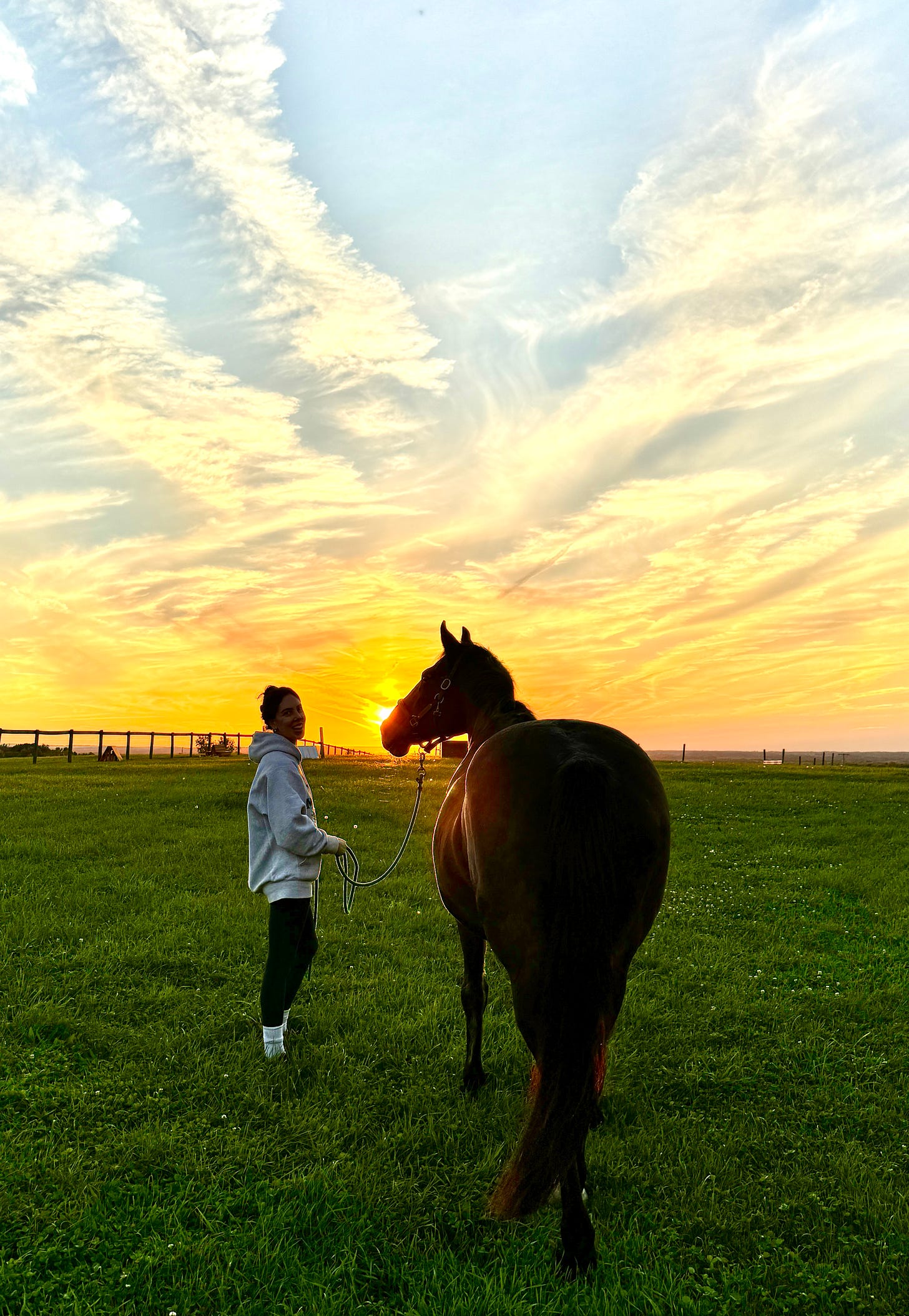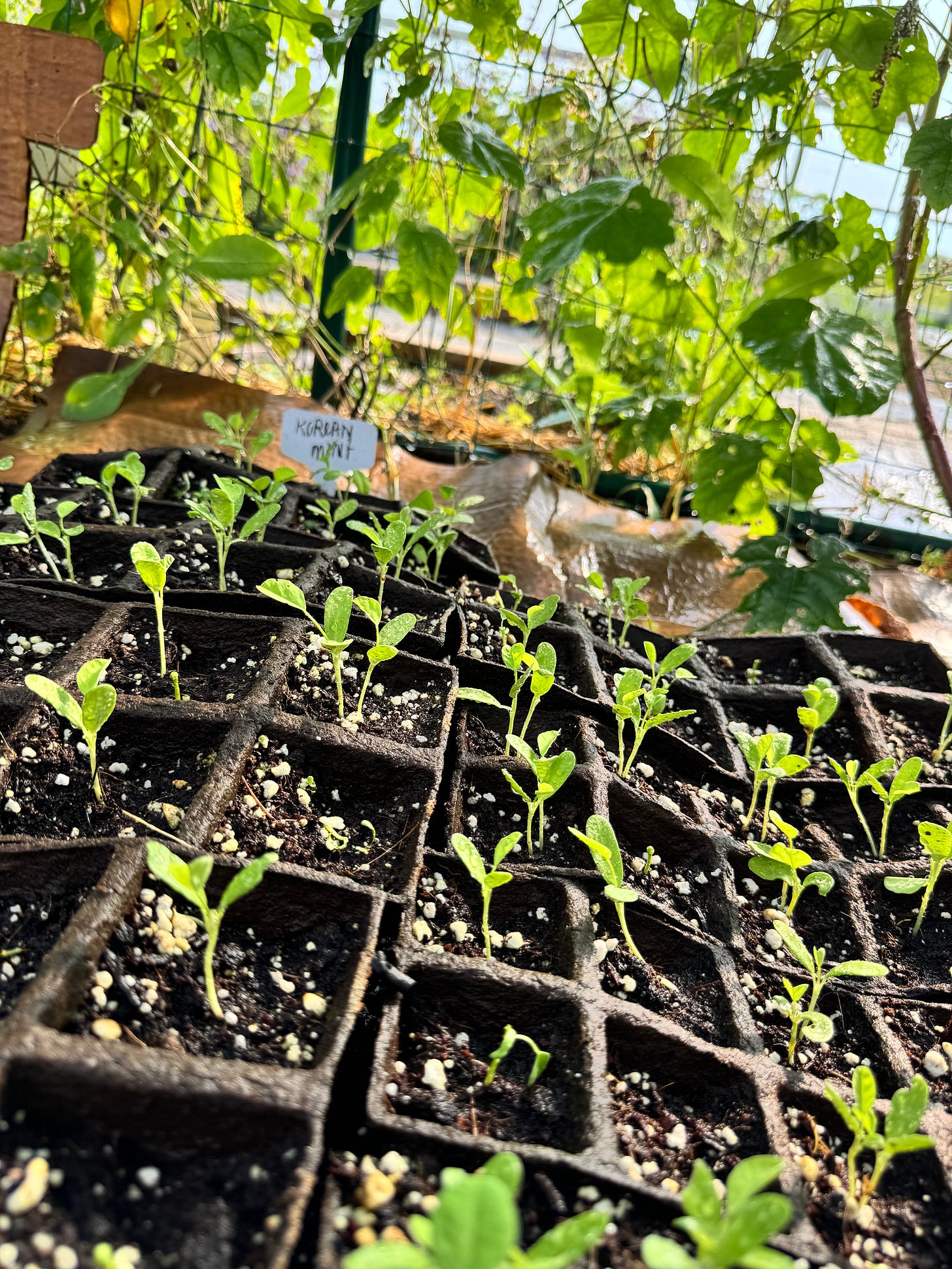My personal urban exodus has made me take notice of a new cultural trend amongst millennials in particular - the desire to escape city life and retire to a slower paced existence in the country.
What’s interesting to me, is that the desire is to skip suburban living and go straight from an urban apartment lifestyle to having acreage and goats. It almost harkens back to our agrarian roots when we were closer to the land and family.
[This is somewhat of a Part 2 to my previous post entitled Urban Exodus: Romanticizing Country Life, so if you haven’t read that one, perhaps go back and read that first!]
Does everybody want to be a farmer? No, mostly because the skillset and work ethic isn’t there. We’re so used to sitting at a computer for 8+ hours in our ergonomic chairs and a 3-beverage variety, most of us couldn’t fathom being up and outdoors before the sun, no matter the weather, to be a unwavering steward for the land and animals. There are no sick days, no PTO. There are no lunch breaks to Sweet Green. And I’m no exception to this demographic of digital workers - the weaker devolution to our gritty and pioneering predecessors.
It is worrisome that the American farmer is a dying breed. The average farmer is around 60 years old. What will happen when they start to retire? If their offspring don’t have any interest in taking over the family farm, it will likely be purchased by an industrial agriculture company who will turn it over to a monoculture farming operation, therefore depleting the soil of all nutrients sand producing lifeless “food.”
The obvious answer for this shift in what it means to have a desirable lifestyle is Covid. Being forced to stay cooped up in your apartment for threat of fines and legal punishment was a big wake up call for many. Looking back now, it’s frightening to recognize the fear-mongering and totalitarian control the government took to keep us subdued and complicit. Employers forcing injections, threatening to terminate employment for failure to comply. Regardless of how you feel about the vaccines, the fact that your employer was involved in your health was unfathomable before the pandemic. It was all very doomsday, and it’s no question that it forced people into a new way of thinking about how and where they live their life, and their freedom.
The sudden permission to work from home opened up new, unforeseen opportunities for us to depart our overpriced homes and apartments previously required in order to be where the jobs are, and migrate to more affordable places to live.
These circumstances created the perfect storm (rainbow?), for us to reconsider our priorities. I’m not insinuating that EVERYONE is dying to relocate to the country. Cities offer so much by way of food, culture, art, and social engagements. Personally, I’ve made it a priority to visit the city every few weeks to stay connected to goings on, and combat any isolation I feel from trends, know-how, and business opportunity.
Yet, there’s something to be said for finding stimulation in different ways day to day. In Austin, I put value on how many social engagements I was involved in during the week, making sure I had been seen in every outfit I wanted to display, and recognized for how many people I could impress with my wit and charm. I distinctly remember the feeling of driving home at 1am, feeling empty, but convincing myself that it brought value and meaning to my life.
After moving to a small town in Upstate NY, I place value on how much time I spent outdoors, the times I go riding, the quality time I spend with Dave and the dogs, and the precious time I’m lucky enough to spend with my mom, Shannon. Chores at my little home in an urban neighborhood in Austin were an annoyance. I hated leaf blowing and cleaning out the gutters. But here, when Shannon asks me to water the hoop house, refill the hay or feed the sheep I do so without blinking. It feels so much more purposeful.
A couple weeks ago, I had the pleasure of visiting the Hudson Valley for an event for Good Psyche, and I met a number of women, nearly all of whom had left New York City and moved Upstate. Some wanted to start a family and realized that the city was a foreboding and difficult place to raise a child, and others simply longed for more physical, mental, and visual space - and all of them wanted to be surrounded by more natural beauty.
In the small town where I now reside, I can see small incremental changes in the makeup of locals. It’s a college town, so when school is in session, main street is populated with young people, but outside of that, the town has always seemed to have an predominately aging population. Now however, I’ve noticed that one by one, couples in their 30s and 40s are moving in. Having met a few, they’re all city expats who now work remotely, enjoying the lower cost of living and much bigger bang for your buck on housing. Some live on the lake, some in the village, and some have purchased and renovated old farm houses. It’s inspiring, really. And I hope it continues. There’s a camaraderie in rebuilding a life somewhere new alongside like-minded people.
That said, the trend is a bit of a shallow one. We’ve come for better views and cheaper living, not necessarily to become stewards of the land, cultivate healthier soils, or practice regenerative farming. However, living in a small town does equate to shopping small and supporting local businesses and economy. A win is a win.
I want to make a note that I fully realize this is not an option for all. Right now, the urban exodus movement seems skewed towards remote workers. If you’re in the service industry, moving to a small rural town would probably severely hinder your earning ability. My hope is that with this movement comes new opportunities for a broader swath of people and careers. Time will tell.
Thanks for reading!
Trish





